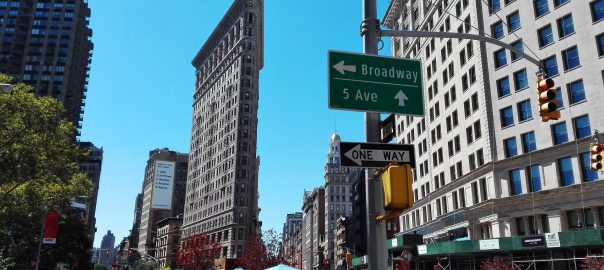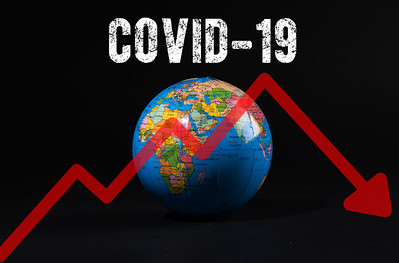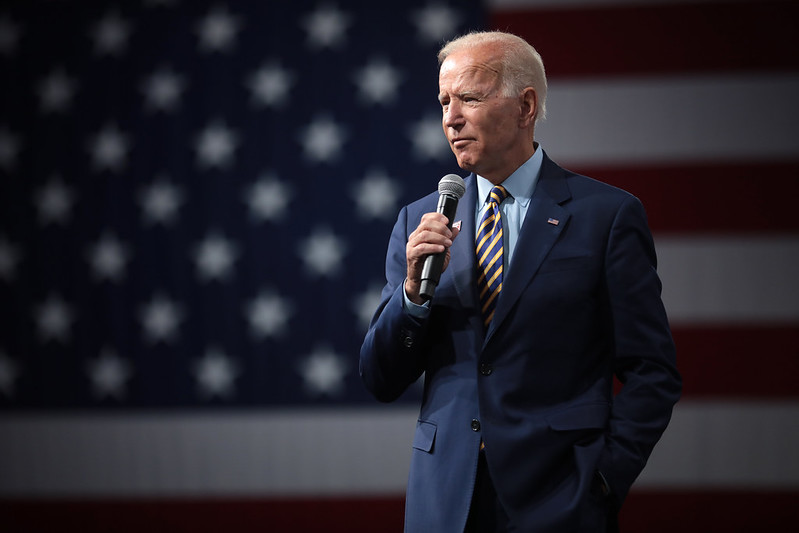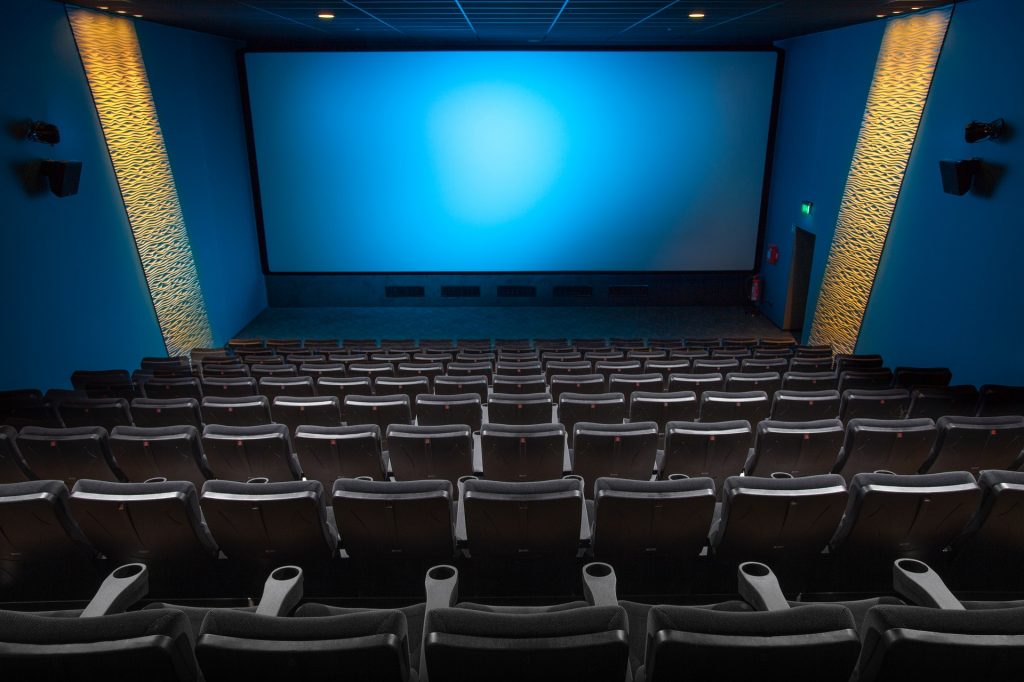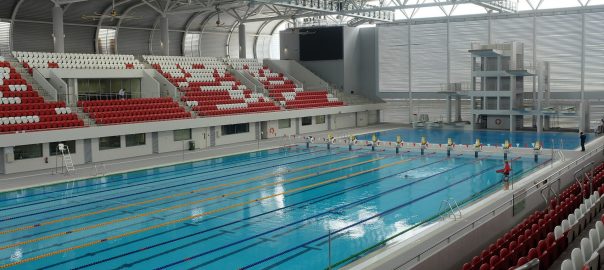When 25-year-old entrepreneur Neil Hershman decided last year to open a flagship branch of Dippin’ Dots/Doc Popcorn in midtown Manhattan, he made the decision with a generous dose of nostalgia.
“I grew up like many others eating Dippin’ Dots exclusively at an amusement park or sports game,” Hershman told QSR Magazine, a journal covering the food service industry. “I wanted to bring that same experience to the millions of young adults and families traveling through Manhattan daily.”
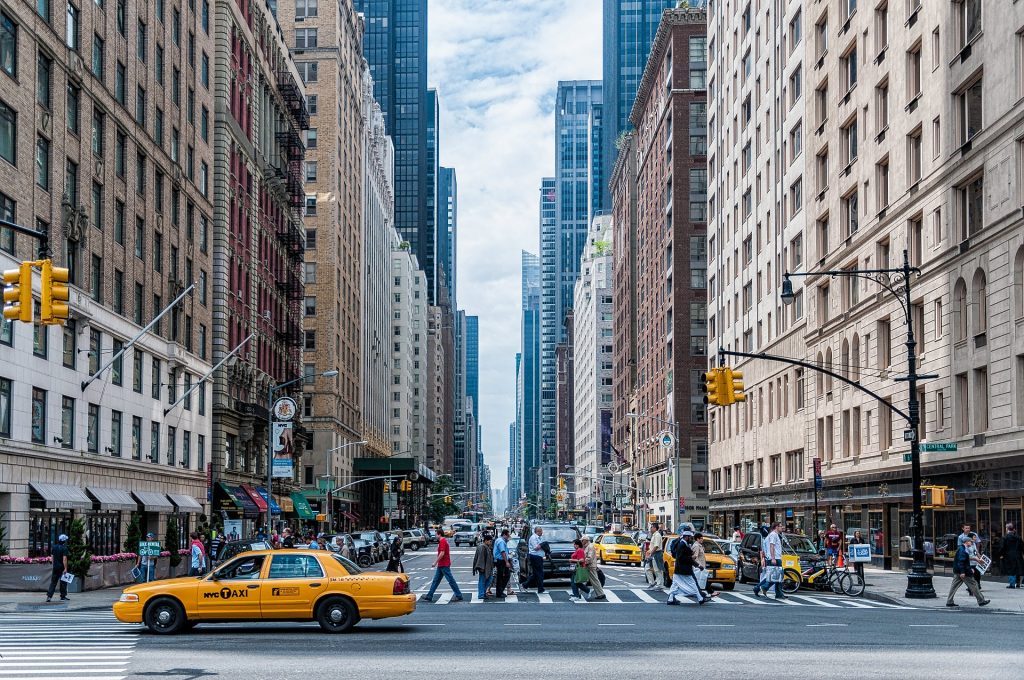
Nostalgia aside, however, the decision to invest time and money in the city was a business call and a vote of confidence that the city’s economy will soon begin to bounce back from the downturn that accompanied the coronavirus last year.
The new store, which is scheduled to open in early April at 1 Madison Avenue, adjacent to Madison Square Park, is not the only indication that things are looking up for New York. The real estate sector, too, is showing more signs of vitality than it has in years.
“It is a reach to say the city’s property markets are roaring back,” the Financial Times reported in early March. “But the beast is certainly stirring. The first two months of 2021 have been the strongest opening to a year in Manhattan since 2015, the height of the market. February alone saw more new deals than any single month since May 2013.”
Even more significant, said the FT, is the fact that the economic growth appears to be led by wealthy New Yorkers eager to get back to museums, Broadway, sporting events, ballet performances and more.
“I’m optimistic on the eventual return of normalcy to New York City within the next 24 months,” concluded Neil Hershman.
